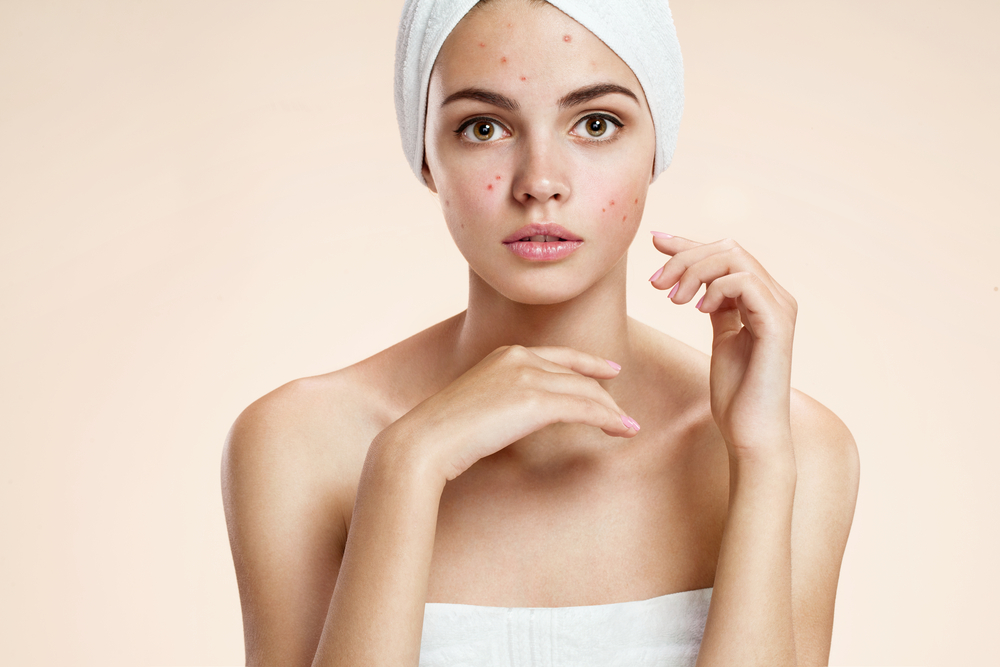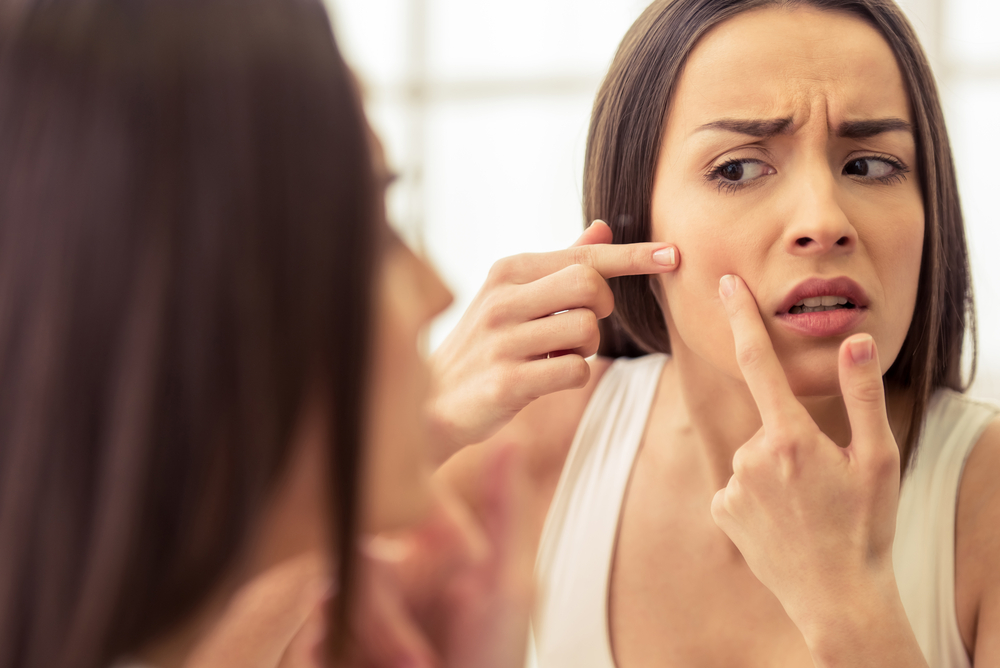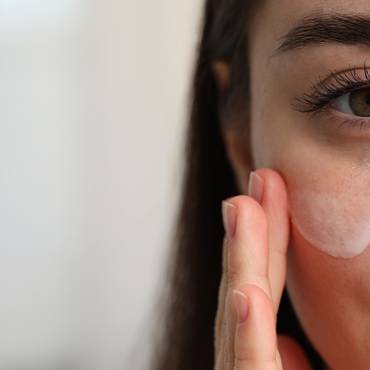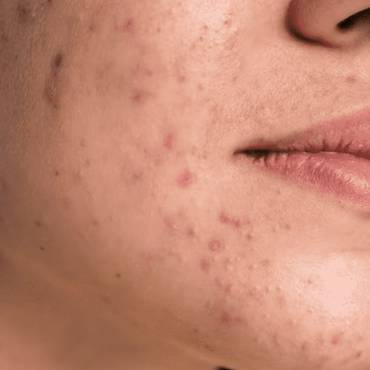Adult acne can be embarrassing and frustrating at the same time. It can affect both male and female. However, women are more likely to affect the condition than men. Acne is a common skin disease and estimated to occur in one in five women between the ages of 25 and 40. It is possible to have acne for the first time during the adult age, even if you never have it in your teenage.
Apart from the face, it can be noticeable on the neck, chest, shoulders, and back. If you have adult acne, the problem may seem like an endless battle to manage your sensitive skin. But there is no need to worry; this guide will help you answer common questions about adult acne causes, including how can you treat them by using simple remedies, as well as some simple tips to prevent breakouts.

Causes of adult acne
Acne is one of the most common skin condition affecting many adults and more than half of all adolescents. It occurs due to the activity of the oil glands of the skin that cause skin pores to block. This ultimately leads to a formation of acne.
There are several reasons why adults can get acne. An adult will continue to have acne breakouts well into their 40’s and even 50’s. There is possibility of getting acne for the first time as an adult, common in women undergoing menopause. Some main contributing factors to the condition are explained below:
- Fluctuating hormones- Research suggests that hormones play a vital role in the formation of acne through the presence of hair follicles and oil glands. Hormonal imbalance is one of the most common causes of acne eruptions in women, a study suggests. Women’s hormones during, menstruation, puberty, menopause, and pregnancy.
- Discontinuing birth control pills- A woman may also experience acne flare up after stopping the intake of birth control pills. These contraceptive pills are known to regulate the hormones in the woman’s body, playing a role in preventing breakouts.
- Stress- many clinical types of research have developed a relationship between stress and acne flare-ups. When we are stressed, our body tends to produce more androgen hormone which leads to stimulation of the oil glands and hair follicles in the skin ultimately resulting in acne breakouts. Stress is another main contributor to acne formation in females. It is important to be happy and see your acne disappear.
- Hereditary- Researchers have found that genetic predisposition to acne. If any of your parent, brother or sister had acne, you are more likely to develop the condition. In this condition, an individual is quite helpless when it comes to acne.
- Prescribed medications- Your acne can also result in the side effect of certain medications you might be used to treat your various conditions. Such medications include corticosteroids, anticonvulsants, and sobriety drugs. Therefore, it is highly advisable to discontinue medication and consult your health care provider to change the medication.
- Use of cosmetic products- Sometimes personal care products such as oil-based sunscreens, or hair oils can also cause acne. So people with oily skin should take precautions while picking skincare products.
Topical treatments for Acne
- Salicylic acid- It is a topically applied acne medicine with anti-inflammatory properties that is used to relieve irritation in the sensitive area. There are lots of face washes available with salicylic acid.
- Tretinoin- It is the commonly used acne medication for acne cure. It effectively cleans the pores and keeps the breakouts at bay. However, apart from so many skin benefits, the acne medicine is linked to health risks such as birth defects during pregnancy and photosensitivity. So women are advised to use the medication only after the consultation of a health care specialist.



